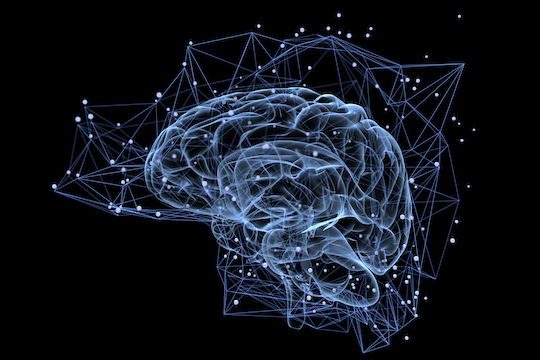

By Amy McCraig
Leal hopes to discover interventions that prevent or slow progression
More than 6 million Americans are living with Alzheimer’s disease, for which there is no cure. Early detection is critical to managing symptoms.
A new research project led by Rice University cognitive neuroscientist Stephanie Leal will focus on improving early detection methods through the use of highly sensitive memory tasks and brain imaging — which someday may even lead to a cure.
“Rather
than treating the symptoms of Alzheimer’s disease, at which point the damage
done to the brain may be irreversible, we are hoping to understand the earliest
cognitive and brain changes, which should get us closer to determining the
cause of the disease,” Leal said.
Researchers have begun to zero in on which regions of the brain should be
examined for possible signs of Alzheimer’s decades before symptom onset.
However, Leal said research has not previously used memory tasks sensitive
enough to detect the earliest changes in memory that could be a symptom.
“Even in cognitively normal older adults that don’t have clinical symptoms of Alzheimer’s disease, we can still pick up on these memory deficits that are happening and may just seem like normal aging to the individual or their family and friends,” Leal said.
Highly sensitive neuroimaging ( MRI and PET scans) is used to examine extremely small regions of the brain that are critical to memory and are impacted before symptoms develop. The technology has only recently evolved to the point that viewing these regions is possible, Leal said, and pairing it with the sensitive memory tasks could provide warning of future onset of Alzheimer’s early enough to improve long-term outcomes.
The research is funded by a grant from the BrightFocus Foundation. More information is available online at https://science.brightfocus.org/alzheimers-disease-research/grant/more-sensitive-measures-towards-early-detection-alzheimers.








